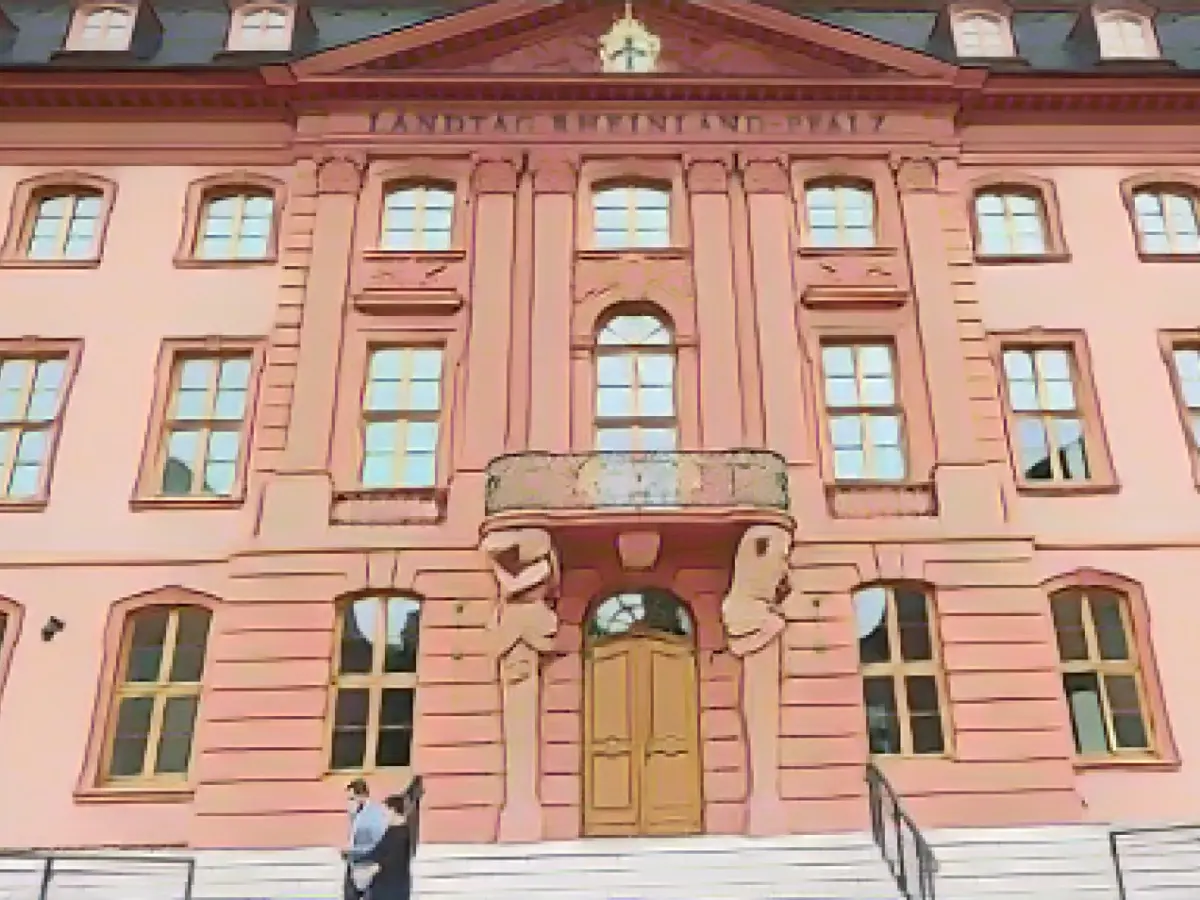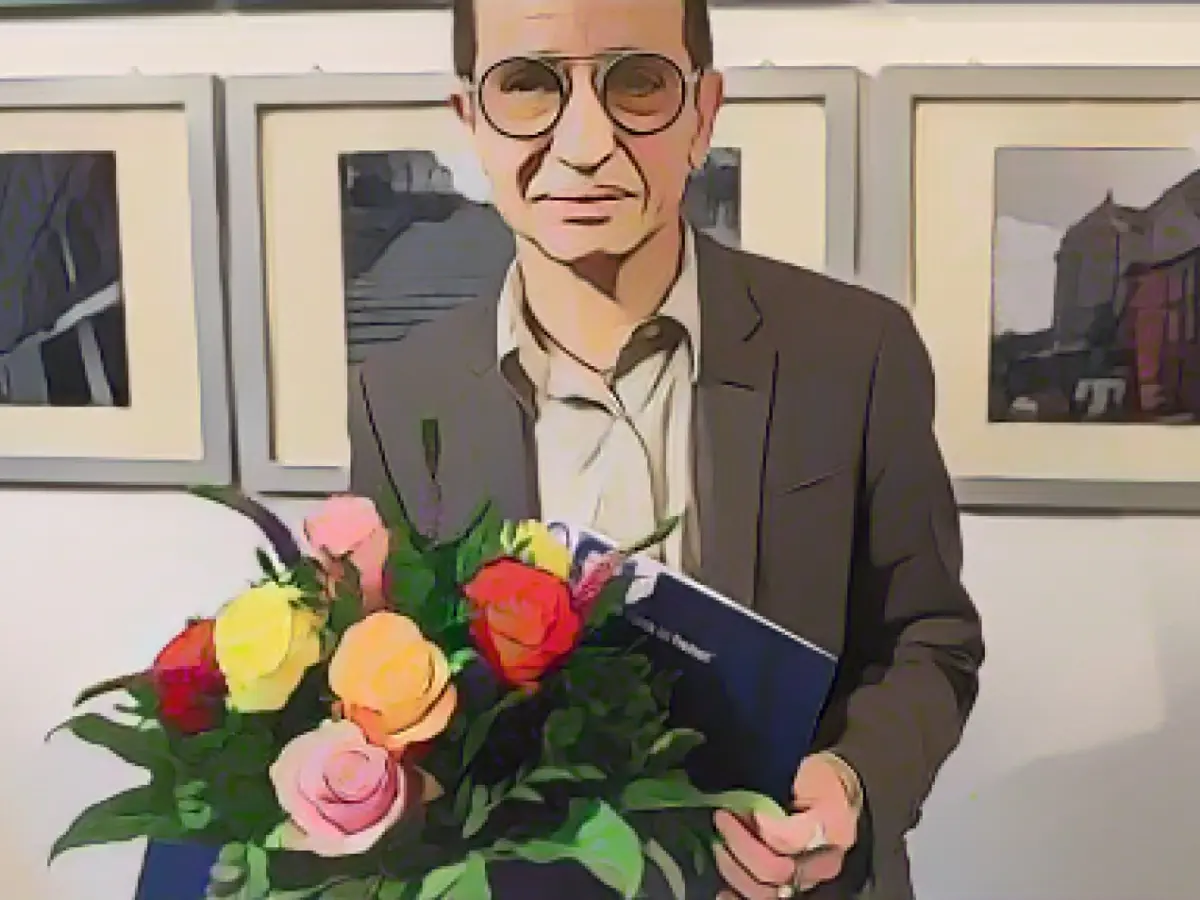Award Delay and Controversy Surrounding the Hannah Arendt Prize
The awarding of the controversial Hannah Arendt Prize to Masha Gessen has sparked debate and resulted in the postponement of the ceremony. Originally lined up for Friday, the event will now take place in a reduced format on Saturday, confirmed by a spokesperson from the sponsoring association.
The Heinrich Böll Foundation, one of the ceremony's backers, have withdrawn their support, citing Gessen's statements in an article in the US magazine "The New Yorker." In this piece, Gessen compares the situation in Gaza to Jewish ghettos in occupied Europe, a comparison that has triggered criticism for not fostering dialogue or enhancing understanding of the Middle Eastern conflict.
The German-Israeli Society Bremen voiced their concerns, describing the comparison as unsettling. Bremen's deputy head of government, Björn Fecker, also expressed his disapproval, calling the comparison "unbearable" and a violation of a fundamental boundary.
The Hannah Arendt Prize, established in 1994, honors individuals who contribute to political thought and action in the Arendtian tradition. This prestigious award of 10,000 euros is jointly funded by the Heinrich Böll Foundation and Bremen's Senate.
Following the withdrawal of the Heinrich Böll Foundation, the Bremen City Hall administration declined to grant permission to use the Upper City Hall. The organizing association lamented this development.
Gessen, a Soviet-born journalist residing in New York City, is renowned for her analyses of political tensions in US and Russian societies.
Insights on the Postponement
- Essay Controversy: Gessen's controversial essay in "The New Yorker" involved critiques of contemporary German, Polish, and Ukrainian Holocaust memory policies, as well as Israeli actions in Gaza. Specifically, she compared the Gaza Strip to Jewish ghettos under Nazi occupation.
- Reaction and Criticism: The comparison triggered widespread backlash from Jewish and pro-Israel activists in Germany, who deemed it an expression of anti-Semitic sentiment against Israel. The Heinrich Böll Foundation initially announced their intentions to withdraw support for the ceremony but subsequently changed their stance.
The postponed and controversial Hannda Arendt Prize ceremony highlights the deeply polarized and sensitive discourse surrounding Holocaust memory, Israeli policy, and Palestinian rights. The decision to honor Gessen despite the controversy underscores the commitment to championing critical thinkers, even where their work is contentious.
### Further Readings:








